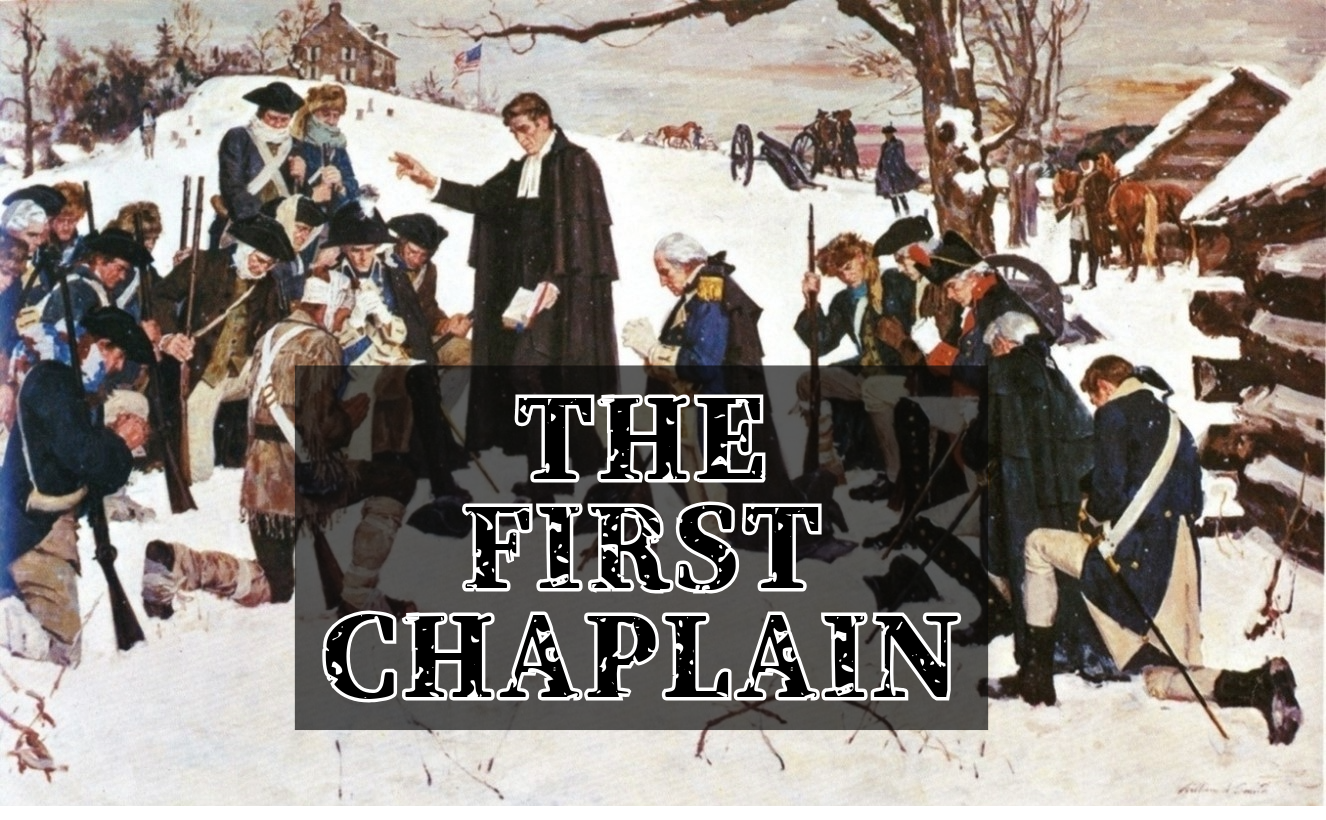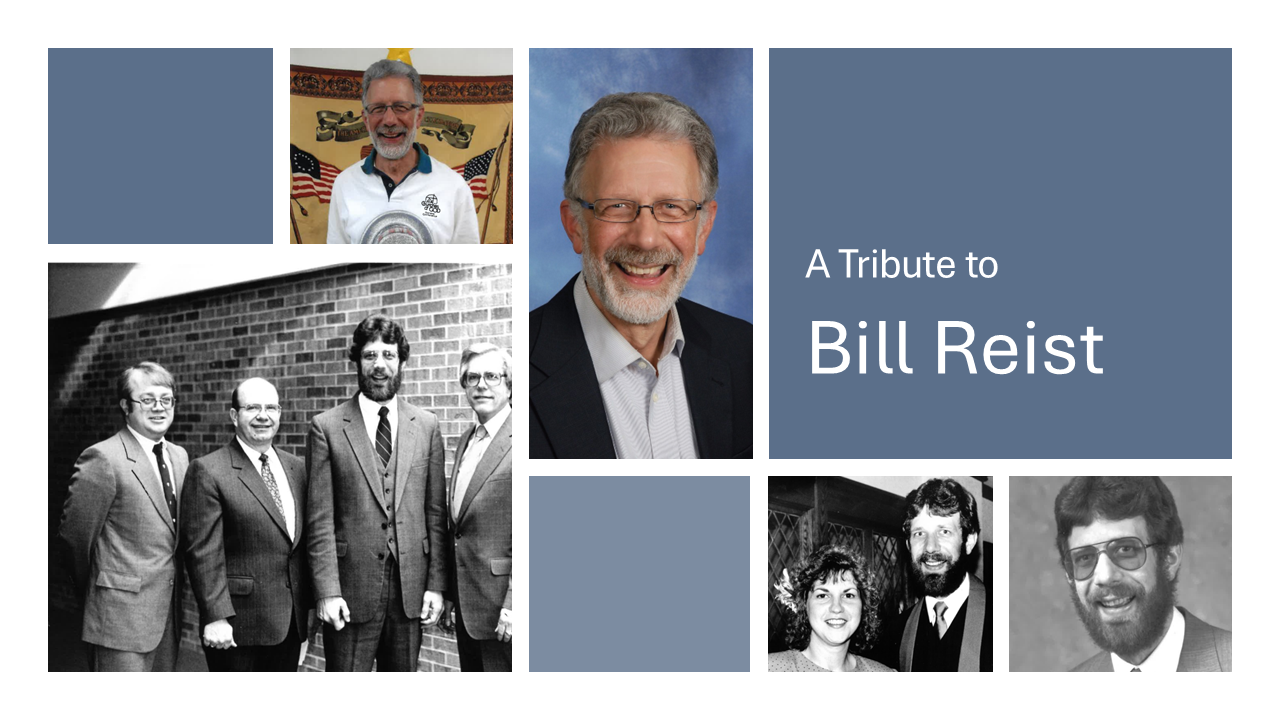
Christmas is right around the corner. The office here in Findlay is quiet since most of the staff are taking the last days of this week as vacation. And even though I can hear the cars outside speeding by what should be a 35-mph zone, the world seems quieter today. For me, today seems like the first day that December is starting to feel like Christmas. I don’t know why. It might be that my family and I did some hectic last-minute Christmas shopping yesterday (since no holiday season is complete without that), or maybe it’s because Donna, my wife, insisted on making the family watch “Elf” a couple of days ago.
Whatever the reason, the world feels a little more like Christmas today. I have found myself feeling a little more hopeful. Despite being tired and sick, I’m less anxious than I was yesterday. I’m also feeling a certain connectedness to other people. I don’t mean to a person in particular, but to people in general. A certain sense of being a part of the rest of humanity in a way that is fundamentally spiritual, rather than material. All of this has me wondering why I don’t feel like this more often? Or to be more specific, why is the “Spirit of Christmas” so connected to the calendar? If it’s about the birth of Christ, our Lord and Savior, who was, and is, and is to come, then why is this “feeling” so transient? If the remembrance of the birth of Christ is such a powerful cultural event, why is it only powerful for a couple of days a year?
Most of you have heard about the Christmas Truce of 1914, I suspect. It’s a famous, although perhaps exaggerated in its scope, truce that took place during the opening months of the First World War. Most of the documentation seems to be between British and French soldiers on the one side, and German soldiers on the other, although I’ve heard stories of similar truces between Russian, Austria-Hungarian, and Italian soldiers too. The first couple months of the First World War were truly unprecedented. Of course, like most wars, soldiers were led to believe that victory would be coming shortly, and in this case, had probably been told that they would be home before Christmas. By Christmas, after five months of uniquely brutal fighting, the casualties were unimaginable, the suffering unspeakable, and the men in the trenches were miserable.
The story usually goes that in some trenches, Germans could be heard singing Christmas hymns, sparking British and French trenches to respond with their own singing and instruments. In other places, live and let live agreements were made between trenches so men could gather their dead without fear of being shot. In some places, British, French, and German soldiers gathered in no man’s land to talk, share, and exchange items like cigarettes and other treats, and even play games. The truce is said to have lasted about 2 days before the military leadership cracked down on it. You can hear soldiers from that time talk about it at the Imperial War Museum which thankfully documented and captured audio recording of soldier who survived that terrible war. It’s a beautiful story of human brotherhood amidst human brutality. Despite the horrors and grievances, the “Spirit of Christmas” allowed for the soldiers to recognize their brothers across a gap that had just recently been shooting at them, and to share gifts rather than bullets. The tragedy is, of course, that the war carried on for almost another four full years and the Christmas truce didn’t happen again.
If the birth of Christ was powerful enough to stop the fighting for two days, why wasn’t it powerful enough to stop the fighting entirely?
Well, the reason the fighting started again has nothing to do with Christmas, and everything to do with us. While we cannot stop the birth, death, and resurrection of Jesus Christ, we can certainly get in the way of the sanctification that ought to take place in our own lives as a result. For the same reason that Christmas motivates me to greater charity during its season but fails to do so during the rest of the year, Christ and His birth have not lost their power in January. Instead, I’ve lost my sensitivity to the transformational power of Christ’s birth on the whole world. Of course, I don’t mean to shame people who are struggling with their relationship with God; I mean that, for me personally, I recognize the disconnect between the warmth of the Christmas season, and my relative coldness the rest of the year, and I don’t see why that needs to be the case. In fact, I see many reasons why it shouldn’t be the case.
It’s the same argument that we hear about how God shouldn’t be isolated to Sunday (or whatever day you go to church). God doesn’t just show up on Sunday when we “feel it”. The Holy Spirit lives in us, all throughout the week, and we should be “feeling it” then too. When we orient our lives around a calendar, it’s easy to make the mistake of thinking that certain days are for God and certain days are not. Really, we should probably be living in the truth that all days are for God. Certain days are for us to come together as a community to worship God, and certain days are for us to continue worshiping God while we are doing whatever else we do.
Likewise, while Jesus was born on a certain day of the year (although probably not December 25th, and almost certainly not in year 1, B.C. or A.D.), the reality of Jesus’s birth is true for all time, and we can live into that at any time.
This is all incredibly obvious stuff, but the obvious stuff bears repeating, in the same way that we repeat the Bible stories, and in the repetition, we acquiesce a little more, live it authentically a little more.
I probably won’t start singing Mariah Carey’s “All I Want for Christmas” in March (or ever), and I don’t think I’ll leave my Christmas tree up much longer than normal in 2024, but I am working out how I’ll continue to stir up the truth of Christ’s birth in my life. God with us, Immanuel, brings about a reconciliation between humankind. When God is with us, we cannot deny Him, and we cannot deny each other.
From all of us here at the CGGC office (and those who are at home with their families), we wish you a very merry Christmas. May the birth of our savior herald a genuine transformation in the way you respond to God, and in the way you respond to others, not just in December but forever more.
CGGC eNews—Vol. 27, No. 50





Login To Leave Comment